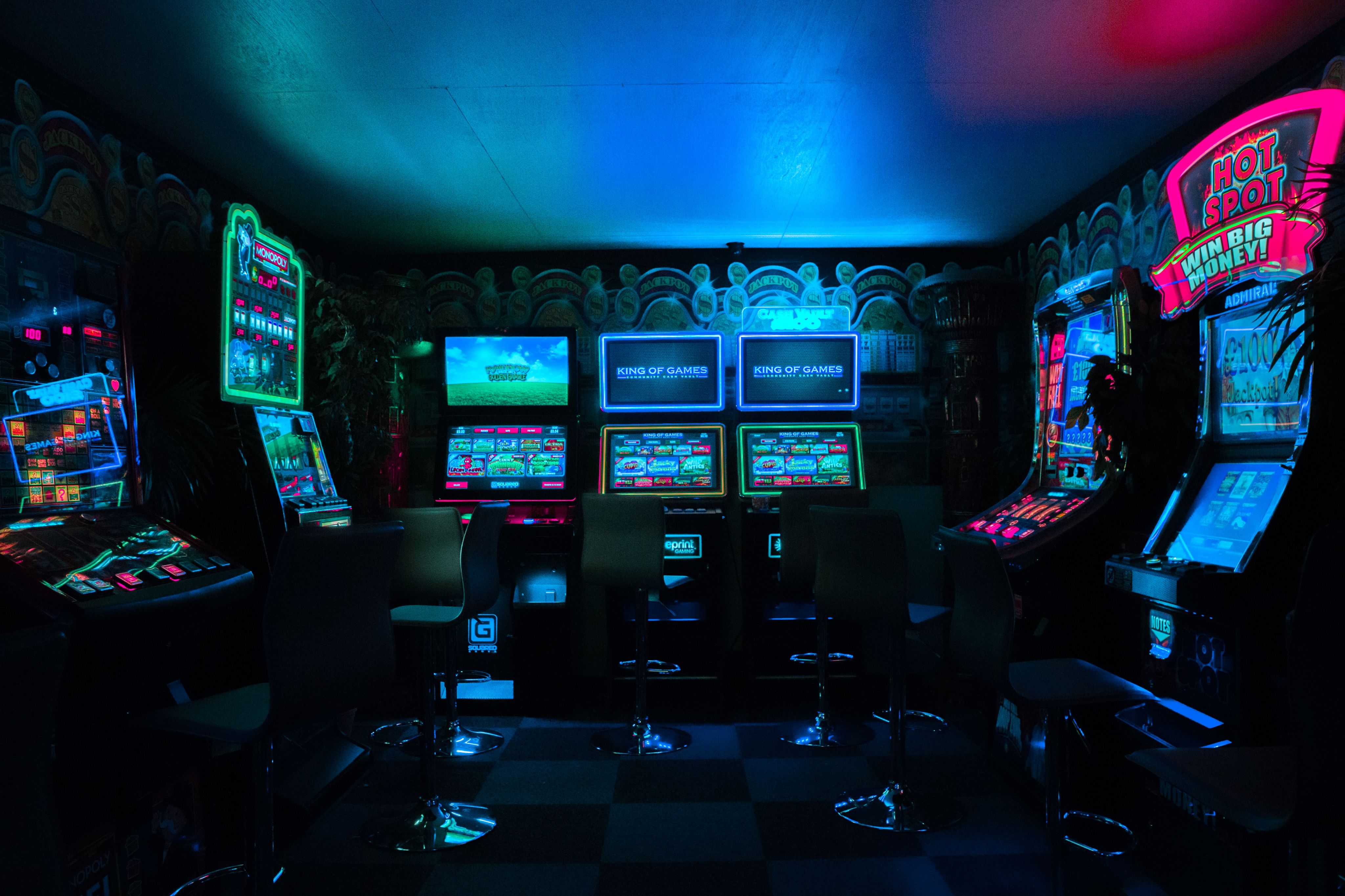You Played the Game. Now Build One.

If you’ve ever spent hours immersed in a game world, whether it’s battling zombies, solving puzzles or building cities you’ve likely thought, “Wouldn’t it be amazing to make something like this?”
The good news? You can. And in today’s booming digital economy, game development has evolved into a legitimate, high-demand career path that blends creativity with cutting-edge technology.
At University Malaysia of Computer Science and Engineering (UNIMY)’s School of Computing and Digital Technology, students learn not just how games work, but how to build them, from scratch. If you’ve played the game, maybe it’s time to create one.
Why Game Development Is a Real Career
Gaming is no longer just a hobby. I’s a global industry worth over USD 300 billion. From mobile games and console hits to immersive VR experiences, the demand for new and engaging content is higher than ever. That demand is fueling career growth in game design, 3D animation, AI programming and interactive storytelling. With the rise of e-sports, gamification in education and virtual simulations for training and therapy, game development is no longer confined to entertainment. It’s an IT career with massive scope and serious impact.
What It Takes to Build a Game
Creating a game is a lot more than just having a great idea. It’s a multi-step process that involves a blend of technical skills, artistic vision and teamwork.
Here’s what typically goes into building a game:
1. Game Design
This is where the magic begins. Designers define the gameplay, rules, story, characters and overall user experience. A strong grasp of user psychology and storytelling is key.
2. Programming and Development
Developers write the code that powers the game. This includes everything from character movement and collision detection to AI logic and multiplayer systems.
3. Graphics and Animation
Visual artists create the characters, backgrounds, objects and animations. Tools like Blender, Unity, Unreal Engine and Adobe Photoshop are widely used in this phase.
4. Sound Design
Soundtracks, voiceovers and effects bring games to life. Audio engineers and composers are key players in building immersive worlds.
5. Testing and Debugging
Before launch, the game is tested for bugs, glitches and gameplay balance. Testers ensure a smooth and enjoyable experience for the player.
6. Launch and Post-Launch Support
After release, developers fix bugs, update content and engage with the player community to keep the game alive and evolving.
Skills You’ll Need to Succeed in Game Development
To build your own game, or become part of a game development team, you’ll need to master a combination of hard and soft skills, including:
- Programming languages like C++, Python or C#
- Game engines like Unity or Unreal Engine
- 3D modelling and animation
- Problem-solving and logic
- Team collaboration and project management
- Understanding of UI/UX design principles
These skills are not just relevant for games, they’re transferable across a wide range of IT careers.
How UNIMY Helps You Become a Game Developer
UNIMY offers cutting-edge programmes in Computer Science, Software Engineering and Digital Media, all of which include modules relevant to game development.
Students at UNIMY learn how to:
- Build games from start to finish
- Use popular game engines and development tools
- Collaborate on group projects that simulate real-world development cycles
- Apply AI, physics and programming logic in game design
- Design for different platforms—from mobile to VR
With expert lecturers, industry partnerships and hands-on learning, UNIMY gives students the foundation to not only enter the game industry but to thrive in it.
Real Career Paths in Game Development
Once you’ve got the skills, the game industry offers a wide range of career paths, such as:
- Game Developer / Programmer – Builds the technical foundation of the game
- Game Designer – Designs gameplay mechanics and user interaction
- 3D Artist / Animator – Brings characters and environments to life
- Level Designer – Creates the structure and flow of game environments
- Sound Designer / Composer – Produces the audio elements of the game
- Quality Assurance (QA) Tester – Identifies bugs and ensures quality
- Game Producer / Project Manager – Oversees the game’s development timeline and team
- Mobile Game Developer – Designs, develops and maintains video games for mobile devices
- Game Analytics Specialist – Studies player behavior within video games
- Technical Artist – Bridges the gap between artistic vision and technical feasibility in fields like game development and 3D design
Game development is collaborative and no single role works in isolation. Whether you're technical, creative or somewhere in between, there's a place for you.
Start Building Your Own Game
You’ve played the games. Now it’s time to start building them. Game development is more than just a dream job. It’s a high-growth, high-impact field within the IT world. It is very remote friendly and there would be many remote work opportunities for graduates
Whether you want to work for a major game studio or launch your own indie project, the right skills and training will set you apart. At UNIMY’s School of Computing and Digital Technology, you’ll gain both the technical expertise and creative foundation to turn your passion into a profession.
So what are you waiting for? The game is on—and it’s your turn to code it.
References
- UNIMY School of Computing and Digital Technology: https://www.unimy.edu.my/school-of-computing-digital-technology/
- Unity Learn: https://learn.unity.com/
- Unreal Engine: https://www.unrealengine.com/en-US/
- GameDev.net: https://www.gamedev.net/
- Indeed: Careers in Game Development



